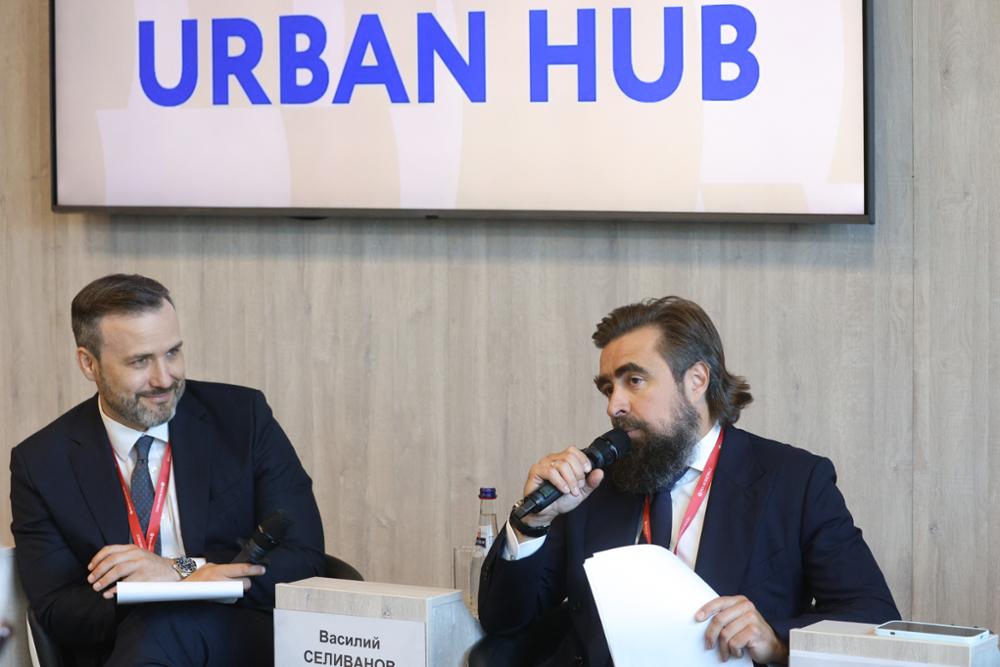
First Russian national pavilion opens on Alibaba Group e-commerce platform (Tmall Global) as part of efforts to boost Russian exports via online trading channels
During Russian President Vladimir Putin’s visit to China for the G20 Hangzhou Summit (September 4–5, 2016), the Russian Export Center and Chinese e-commerce company Alibaba Group opened a Russian pavilion on the Tmall Global online trading platform (part of Alibaba Group). The development came as a result of talks held at the 20th St. Petersburg International Economic Forum (June 16–18, 2016) between Advisor to the President of the Russian Federation Anton Kobyakov, General Director of the Russian Export Centre Pyotr Fradkov, and founder and Executive Chairman of Alibaba Group Jack Ma.
One hundred and fifty different products by leading Russian manufacturers are represented in the pavilion: organic goods, confectionery, products for mothers and children, cosmetics, and more. In its first week of operation (September 5–11, 2016), the Russian national pavilion on Tmall Global garnered approximately 1 million page views, with more than 15,000 products being bought.
The range of products on offer is set to expand significantly by the end of this year. In particular, makers of jewellery, toys, clocks and souvenirs are envisaged to take part. At present, any Russian company producing competitive goods can sell their products through the pavilion, either directly or via the consolidator already in place on the site.
According to the Roscongress Foundation Chief Executive Officer Alexander Stuglev, Russian companies would very much benefit from expanding their use of e-commerce channels for exporting, as this would help to boost sales of Russian products to consumer markets abroad, and to strengthen Russia's image as a producer of high-quality goods.
“For the national pavilion on Tmall to be as effective as possible, the Roscongress Foundation and the REC are working on its overall development and promotion. In particular, we are developing the necessary information support measures, including attracting new manufacturers and working with Chinese social and traditional media and opinion leaders in China,” he said.
Notably, Russia plans to expand the presence of its products in global online retail in the near future: similar pavilions and shops selling national products are to be set up on other e-commerce platforms, both in China and elsewhere.
Info:
E-commerce today has significant growth potential: the web accounted for 7.3% of global retail sales in 2015, and this figure is forecast to increase to 12.4% by 2019. One of the most promising growth areas for online exports is China, where the increase in urban middle-class prosperity has led to a sharp rise in demand for high-quality imports.
Working with the Alibaba Group creates excellent opportunities for Russian suppliers: the Alibaba Group is the leading player in China’s
e-commerce market, and one of the world’s biggest. Tmall Global’s target audience is China’s urban middle class. Several other countries have launched national pavilions on Tmall Global, including South Korea, France, Germany, Italy, Spain, the Netherlands, and Thailand. Their performance is evidence of the format’s success.








